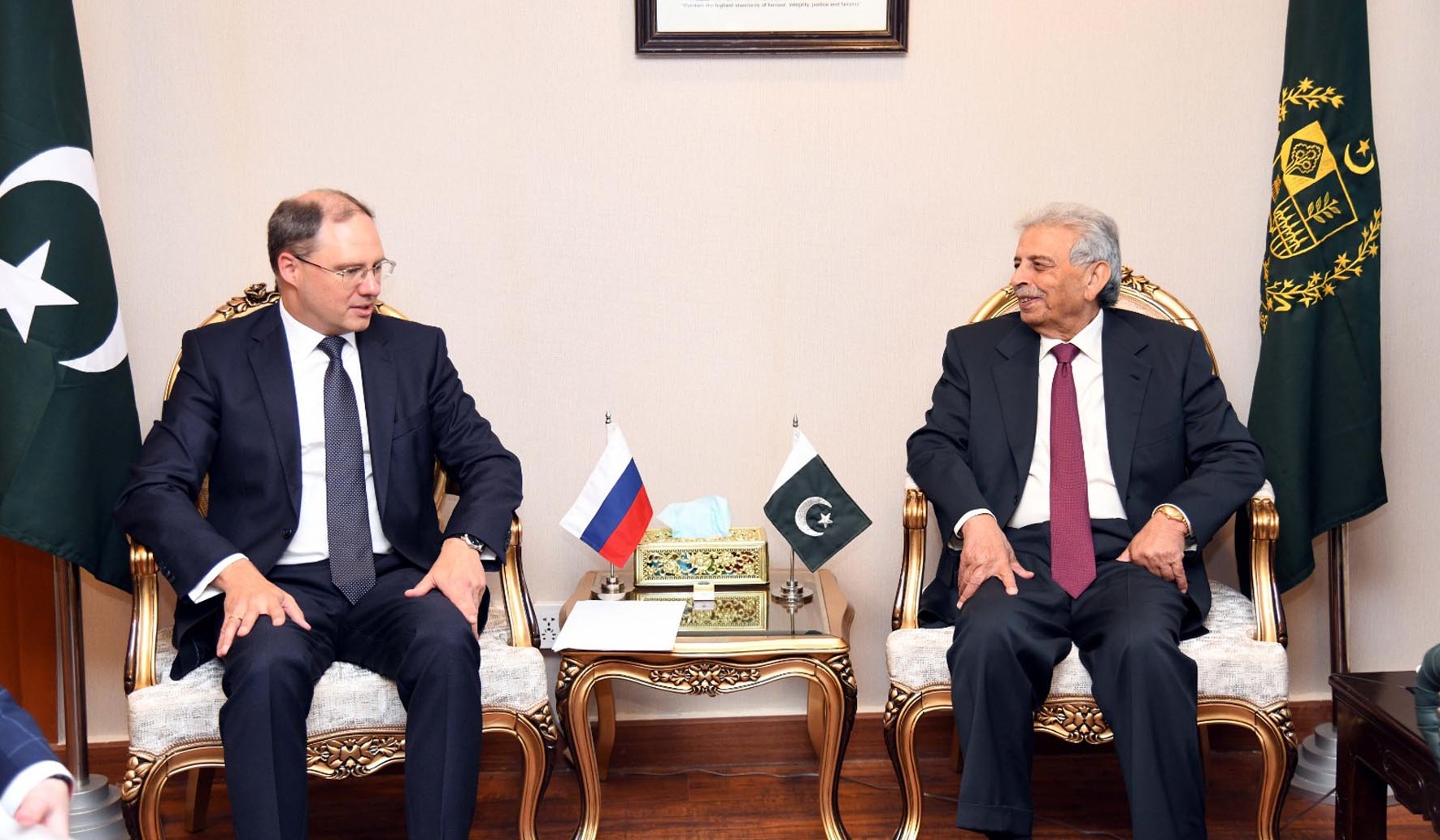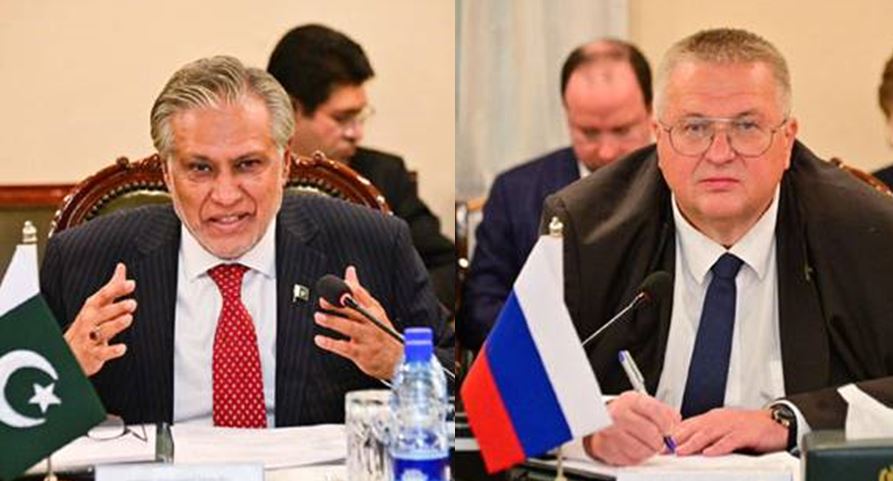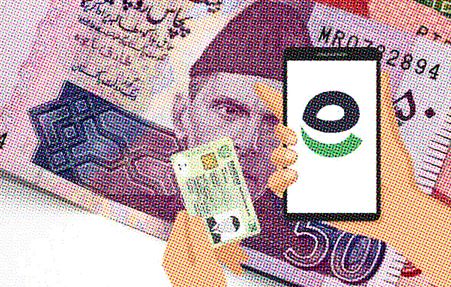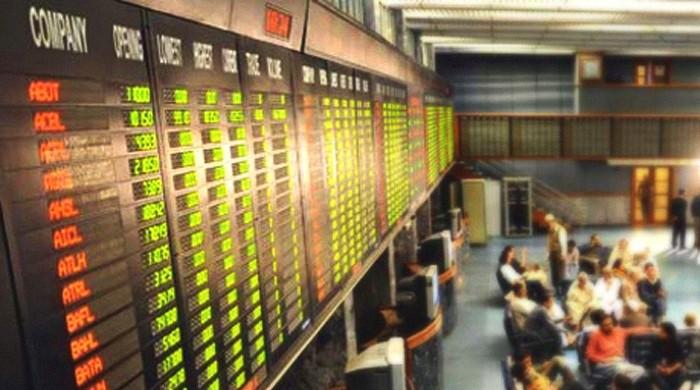KARACHI – Pakistan’s macroeconomic conditions improved during first half of fiscal year 2024, reveals ‘State of Pakistan’s Economy’ report for H1-FY24 released by the State Bank of Pakistan (SBP) on Tuesday.
The Report contains the analysis prepared on data outturns for the July-December FY24. According to the Report, the real economic activities moderately recovered against the contraction last year, while Stand-By Arrangement (SBA) with the IMF helped reduce stress on external account.
Meanwhile, current account deficit narrowed considerably, amid continued contractionary monetary and fiscal policies, better agriculture produce and ease in global commodity prices. On fiscal side, primary balance posted a higher surplus during H1-FY24 compared to H1-FY23 on account of strong growth in both tax and non-tax revenues that outpaced increase in non-interest expenditure. Despite restrained domestic demand, inflationary pressures remained persistent at elevated levels, the Report noted.
The real GDP, driven by agriculture sector, grew by 1.7 percent in H1-FY24. The recovery in agriculture sector also supported some of the agro-based industries. In addition, withdrawal of import prioritization measures improved availability of raw materials for industry, the report said. The approval of the IMF’s SBA eased external borrowing constraints, leading to an increase in financial inflows during H1-FY24. In addition, lower scheduled external loan repayments compared to H1-FY23 and significant reduction in current account deficit, on account of decline in imports as well as upsurge in exports supported the build-up in SBP’s FX reserves.
Despite subdued domestic demand and decline in global commodity prices, states the Report, a combination of lingering structural issues, PKR depreciation compared to H1-FY23, increase in government spending, and supply shocks kept the National CPI (NCPI) inflation at elevated levels.
A number of factors including higher input costs, increase in indirect taxes, and implementation of upward revision in minimum wage announced in the FY24 budget, alongside the second-round effects of administered prices of food and energy items, were responsible for the persistence in the core inflation during H1-FY24.
The Report highlights that despite some improvement in macroeconomic indicators, economy continues to grapple with the structural bottlenecks. The major issues include limited savings, low investments in physical and human capital, weak productivity, stagnant exports, narrow tax base, and inefficiencies in PSEs.
Additionally, political uncertainty exacerbates the situation through inconsistency in economic policies, weak governance and public administration, hindering investment and thus economic development. These underscore the need for policy reforms to ensure sustainable development over the medium to long-term.
The Report includes a special chapter that analyzes long-term trends in inflation and its determinants in Pakistan. The chapter also sheds light on policy and structural factors influencing inflation including monetary policy framework, fiscal and debt policy, trade openness, agricultural efficiency, productivity and demographic trends. The chapter concludes that reducing political and policy uncertainties and more fiscal consolidation can help bring inflation down at a faster pace in the short run. The chapter also emphasizes on addressing longstanding structural issues to achieve low and stable inflation over the medium term, without overburdening monetary policy and the consequent high economic costs.
The Report expects continuation of modest economic recovery in the second half of FY24. In the backdrop of improvements in business confidence, high frequency demand indicators since November 2023, and prospects for a good wheat production during FY24, the SBP projects real GDP growth in the range of 2-3 per cent for FY24. The NCPI inflation, on the other hand, is expected to remain downward trajectory despite uncertainties persisting in both domestic economy and international commodity market.
Keeping these developments in view, the SBP projects the average NCPI inflation in the range of 23.0 – 25.0 per cent for FY24, lower than 29.2 per cent in FY23, and is expected to come down to 5 – 7 per cent range by September 2025. On external account, the CAD is projected to remain lower than earlier estimates, amid slightly improved global outlook and domestic growth prospects to boost foreign exchange earnings from exports and remittances. The SBP projects the current account deficit in the range of 0.5 – 1.5 per cent of GDP for FY24. This macroeconomic outlook remains susceptible to escalating geopolitical tensions, unfavorable weather conditions, adverse movements in global oil prices, and subsequent external account pressures. Further adjustments in energy prices and fiscal consolidation -warranted for slowing the pace of debt accumulation – may also weigh on economic activities and inflation.


 Technology6 مہینے ago
Technology6 مہینے ago
 Pakistan7 مہینے ago
Pakistan7 مہینے ago
 Sports6 مہینے ago
Sports6 مہینے ago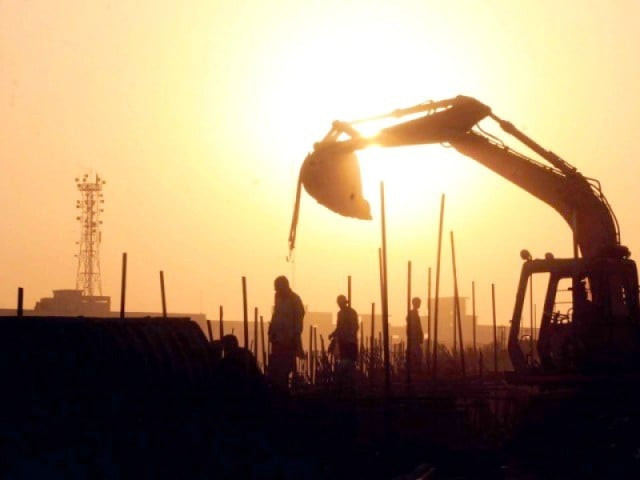
 Pakistan6 مہینے ago
Pakistan6 مہینے ago
 Entertainment6 مہینے ago
Entertainment6 مہینے ago
 Pakistan6 مہینے ago
Pakistan6 مہینے ago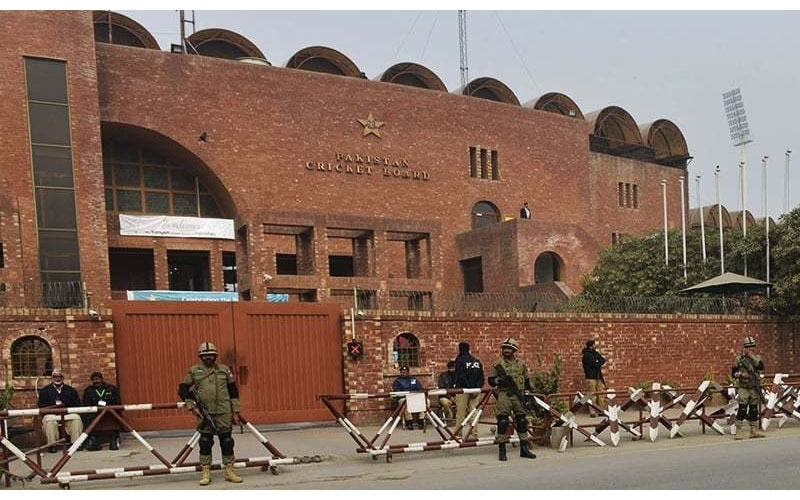
 Sports5 مہینے ago
Sports5 مہینے ago
 Pakistan6 مہینے ago
Pakistan6 مہینے ago
